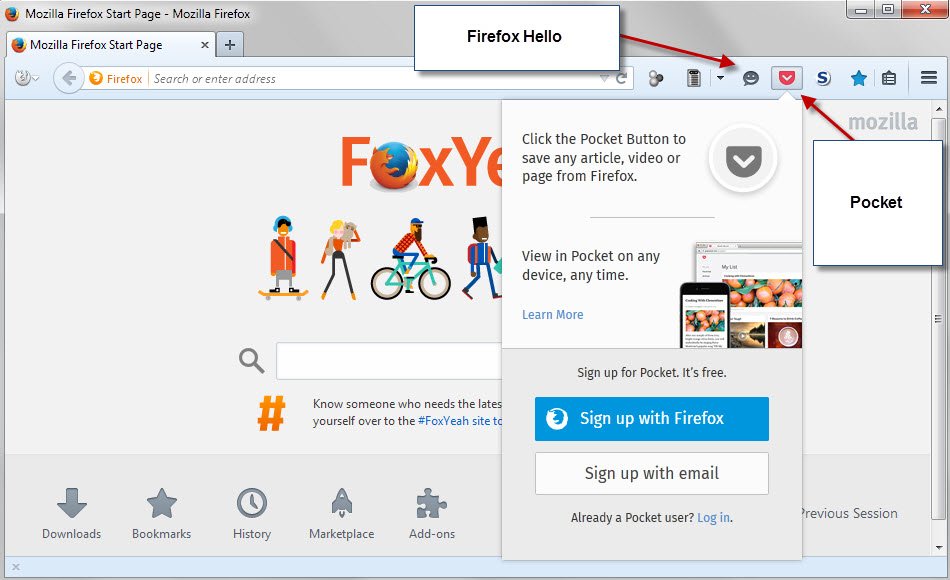Mozilla needs to make up its mind
I have been following the development of the Firefox web browser for a long time. In fact, I switched to Firefox very early on in development and began to write about the browser back in 2005 when I launched this blog.
Back then, the core development philosophy was to create and maintain a user-friendly browser with a high level of customization options and a powerful extension ecosystem that adds new features to the browser.
This worked really well, kept the core browser rather slim without sacrificing features as users were able to install extensions or scripts, or use other customization options such as styles to modify the browser for their needs and requirements.
This philosophy seems to have changed recently. I cannot pinpoint an exact date or even month when that happened, maybe when Mozilla announced Australis to the public months before release.
The organization began to remove features from Firefox, the status bar for instance or the keyword.url parameter, stating that add-on developers would surely re-introduce those features to it for users who wanted to keep on using them.
That caused quite the controversy in the beginning especially during the release of the Australis interface. What came next however turned that upside down.
Mozilla began to introduce new features to Firefox natively that would go against the philosophy as they were not offered as browser extensions but being directly integrated in the browser.
There was the Social API which introduced options for sites to add "social" functionality like sharing content or chatting with users to Firefox. While there are not any statistics about the use of the feature, it does not seem overly popular as only a handful of services made use of it since its introduction.
Then came Firefox Hello, a real-time communication module using WebRTC which was also integrated directly in the browser. The feature allows Firefox users to chat with others -- even across browser provided that they support WebRTC -- using various options including audio and video.
Pocket is a recent controversial native integration. The proprietary service provides users with functionality to save web pages, articles, videos and other web contents for later consumption. The integration of Pocket is far more controversial than the integration of other features mentioned in this article due to the proprietary nature of the service.
Reader Mode was enabled on the desktop in the recent 38.0.5 update as well. It works similar to readability extensions and scripts that improve the accessibility of articles on the web by modifying how they are displayed in the browser.
These features are certainly appreciated by some users of the browser. If you are a Pocket user for instance, you may like the integration of the service in Firefox.

It is likely however that the majority of Firefox users are not interested in those features or at least not interested in using them in the browser.
In addition, several are available in form of third-party extensions or scripts already.
One question that should have come up before integrating these features in Firefox is whether it makes sense to integrate them natively in the browser.
Pocket, Reader Mode or Firefox Hello could have been added as extensions to Firefox. In fact, Pocket was available as a browser extension before but it seems to have been abandoned by the company.
Even if the added code is not adding much bloat to Firefox, it still needs to be maintained and updated at least occasionally when new features or changes are introduced in the browser. Exactly that argument was used by Mozilla in the past to remove features from the browser.
There is a clear discrepancy when it comes to feature removals and new feature additions in Firefox, once that Mozilla needs to address quickly.
Closing Words
I'd like to see Mozilla change its course again and remove these recently integrated native features from Firefox. The vast majority of Firefox users won't use them and those who do, may as well use them as extensions instead of native code.
These feature additions are controversial and it seems that especially long-time Firefox users are speaking out against their native implementation in the browser.
Now You: What's your opinion?
This article was first seen on ComTek's "TekBits" Technology News

- Log in to post comments